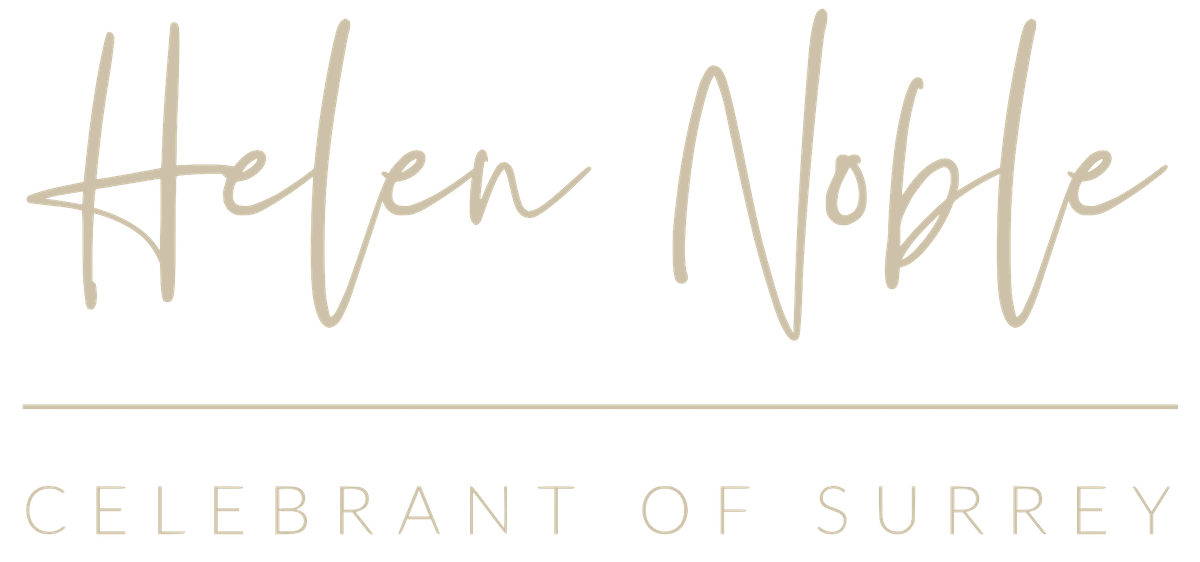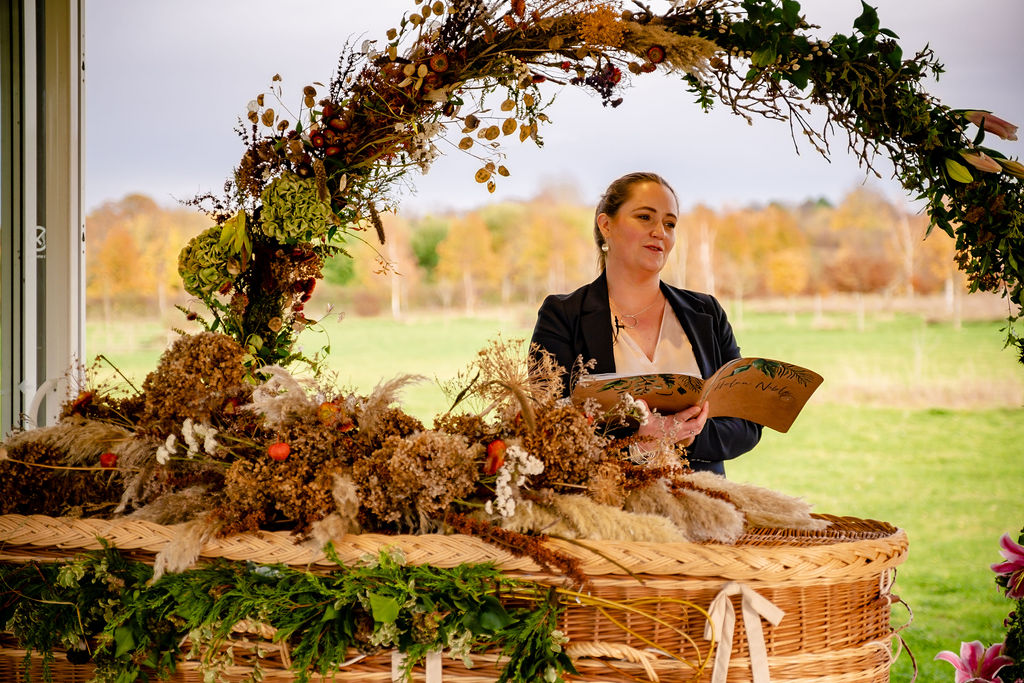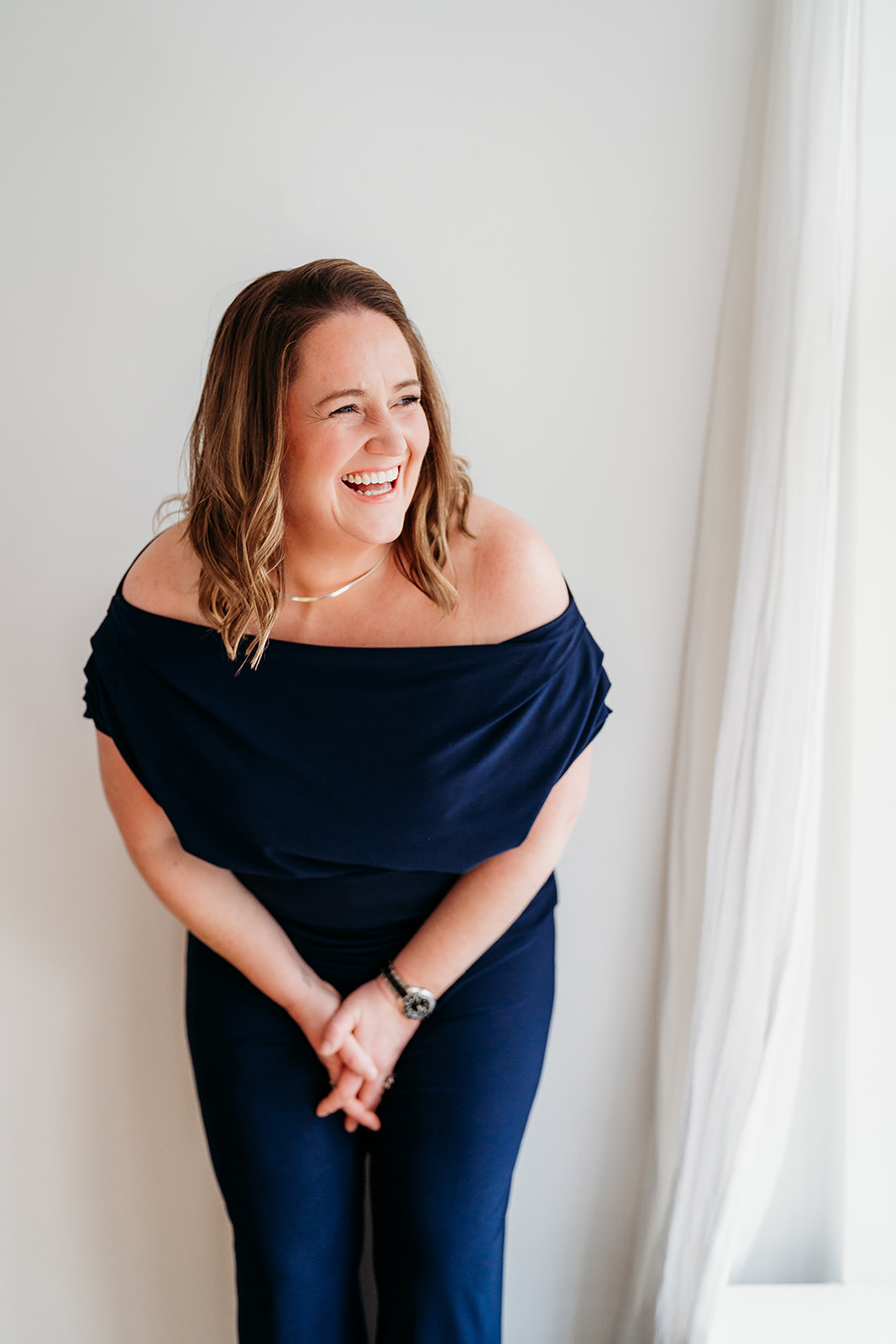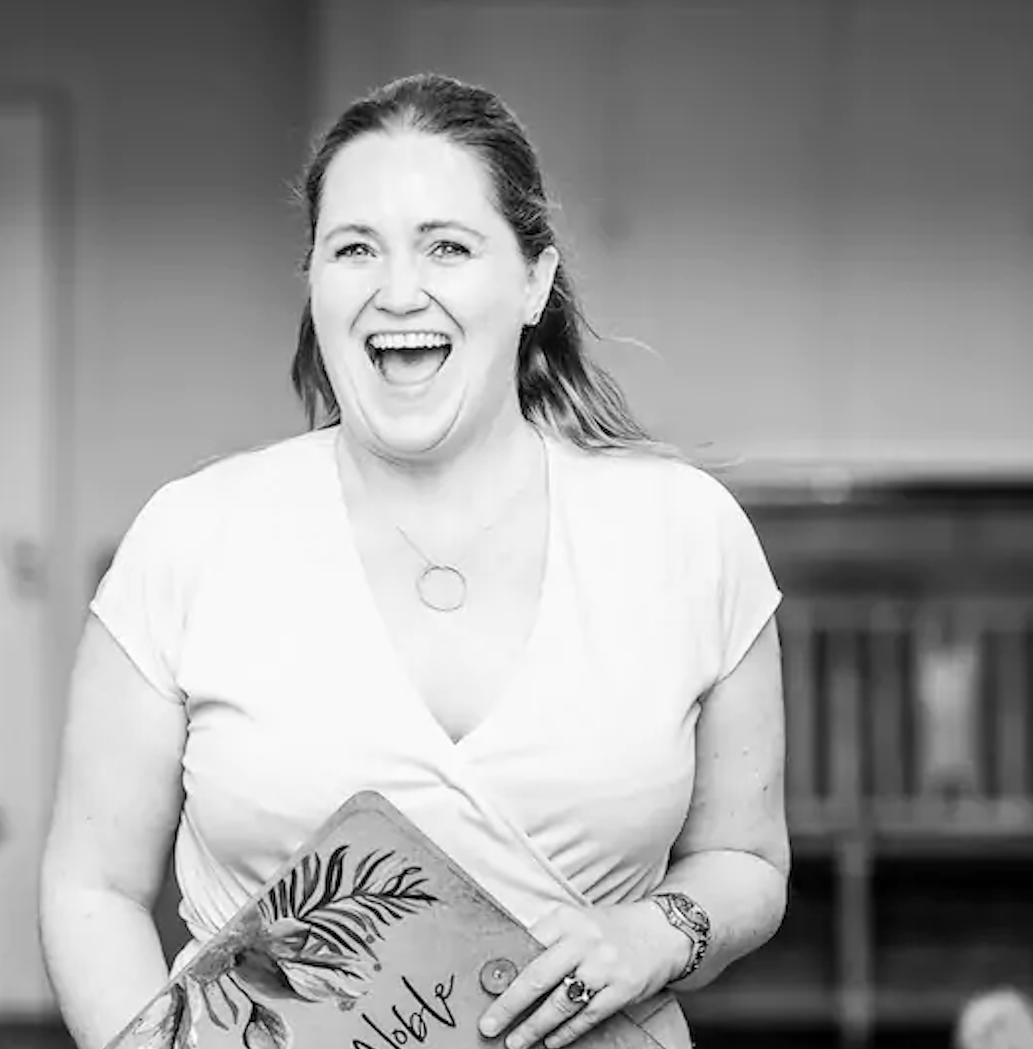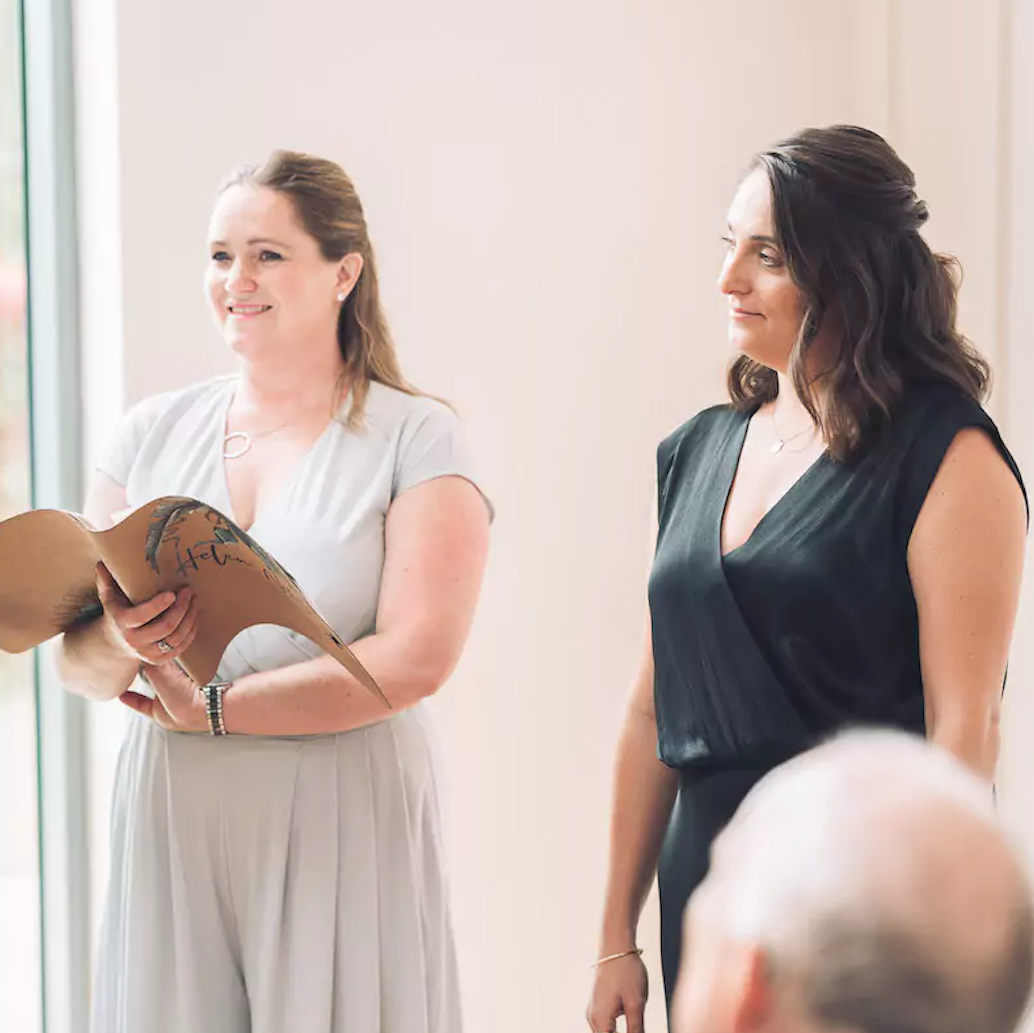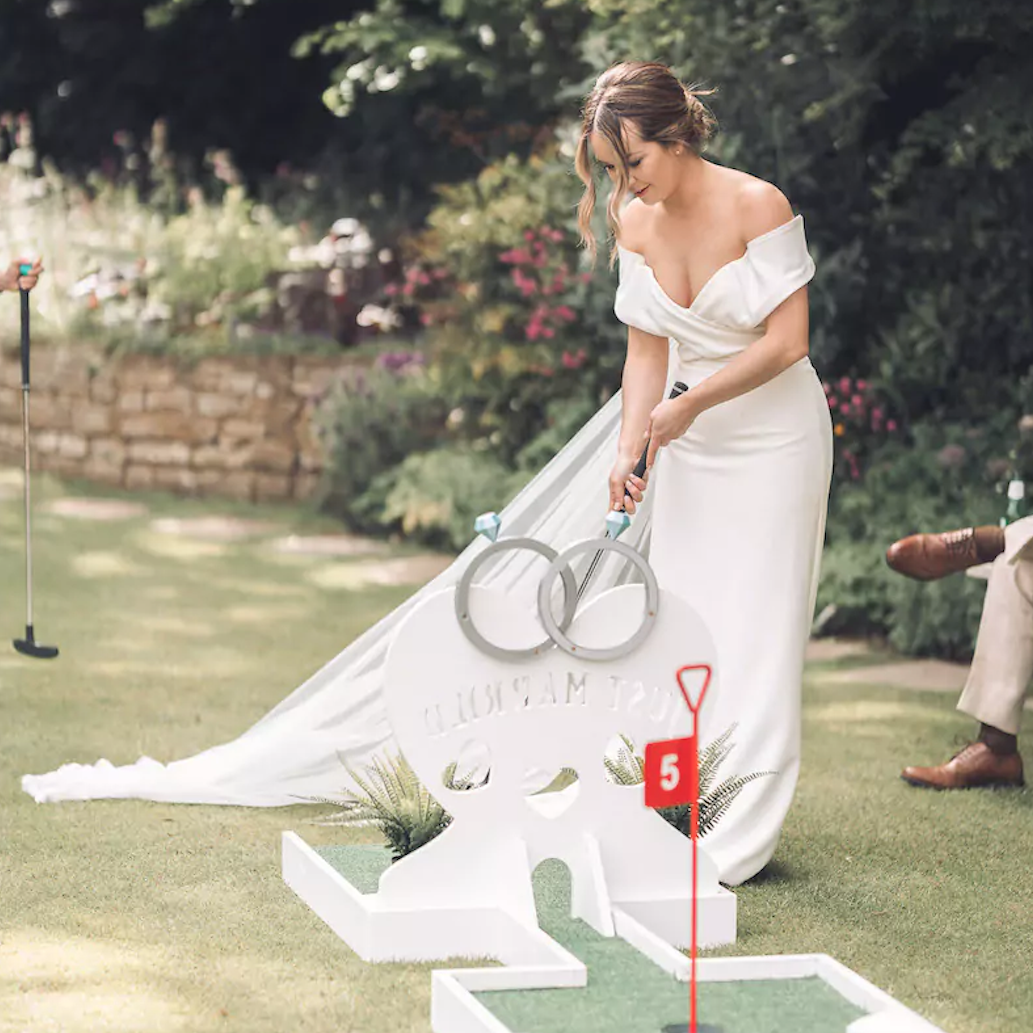Divorcing Us from Death? Or a Lifestyle Choice Beyond the Grave?
The pandemic changed everything… but did that change stay? Did we learn? Did we change how we felt about death and dying and in fact LIFE?!
The global pandemic forced us to confront death in ways most of us weren’t prepared for. For 18 months, we faced uncertainty: rules of six, rules of 30, no visits, live-streamed funerals, saying goodbye through a phone screen, or catching one last wave as the ambulance doors closed. It’s been devastating for so many people and, for many, traumatic.
Now in 2024, I’m still doing ‘covid death’ ashes interments.
If there’s one thing this period revealed, it’s how little people understand about their choices when it comes to dying, death, and saying goodbye.
So now, as the world has opened up again and we have reclaimed connection, choice, and values, it’s time to have a proper conversation about it.
I know it’s not a Sunday roast kind of conversation, perhaps, but a tea-and-biscuits one at least – Because the truth is: you need to know this.
This blog is going to be direct and factual – because you deserve clarity, not euphemisms.
Let’s break it down into three stages: Being Dead, Saying Goodbye, and Being Laid to Rest. This is also the heart of a new platform called ‘SWANSONG’ where I have made it my mission to reduce trauma for those dying, or those left behind, by talking about it!
Stage 1: Being Dead
It’s the one universal certainty in life: we will all die. For some, the when and how is a choice. For others, it’s sudden or unexpected. I’ve worked with families navigating all kinds of death: non-assisted suicide, then those choosing assisted death through Dignitas (which is a very hot topic right now as it’s been discussed in parliament only this week) then also child illness, dementia, sudden accidents – you name it.
And here’s the truth: death is never easy.
But it doesn’t have to feel so chaotic, either.
What makes people feel sick to their stomachs about death is often the unknown – the mystery, the lack of control, the silence around it and the steeping on egg shells conversations. But when we open the conversation, demystify the process, and arm ourselves with knowledge, we can reduce some of that trauma.
The first step to taking back control? Acknowledging the inevitability of death. Talking about it. Planning for it. Even the words. Death and dying, rather than passing away or past.
Stage 2: Saying Goodbye – Bid Farewell and Bon Voyage
What do you think about your body?
Is it just a shell? A genetic masterpiece? A temple you’ve cared for, or something you’ve battled with? How you view your body in life often mirrors how you want it treated in death. Have you ever considered that?
- Do you see your body as a sacred vessel, worthy of being cared for and dressed with love in death?
- Do you see it as purely practical – “just packaging” – and feel comfortable with a no-frills approach?
- Are you passionate about giving your body new purpose—donating organs or tissues to save lives or advance medical research?
- Does your commitment to environmental values mean you’d want a natural burial because you are ‘organic’ all the way?
Whatever your beliefs, here’s what I need you to understand: the royal ‘WE’ (the left behind) can only make and decisions based on what we know about you. If you don’t express your wishes—verbally or in writing – those decisions will be made for you. So think about it. Write it down. Tell someone or ME
Direct Cremations: What You Need to Know
One of the most common choices people make (often out of necessity or cost) is a Direct Cremation (DC). Here’s how it works:
- The deceased is taken to the crematorium without a service or mourners present.
- It’s done at the crematorium’s convenience, usually first thing in the morning, and you do not get to choose which crematorium or what slot.
- The ashes are made available for collection later.
Direct cremations are the cheapest option, with no ceremony or additional services involved. For some, this is a relief – minimal decisions, minimal cost. For others, it feels impersonal or like surrendering control.
It’s important to weigh the pros and cons:
- Pro: If you see the body as a shell, this option allows you to focus on a memorial or celebration of life later.
- Con: You lose the chance to say goodbye in person, prepare the body, or add personal touches.
For many families during the pandemic, direct cremation became the default – either because it was logistically necessary or financially unavoidable. But it’s clear the lack of in-person farewells left deep wounds for many.
That’s why, 4 years later, I am still doing COVID-related ashes interments, because, at the end of the day WE NEED RITUAL. A rite of passage, a ceremony, a way to ‘mark’ it. It helps our brains and our hearts.
Take time to think about what matters most to you.
Is cost your only priority? Or are there elements of care, connection, or ceremony you aren’t willing to forgo?
Remember, this choice is deeply personal – and it’s okay to have mixed feelings about it.
Stage 3: Being Laid to Rest
Whether you choose cremation, burial, or scattering, there’s still the question of where your loved one will rest.
Did you know thousands of unclaimed ashes sit on shelves in funeral parlours across the country? If ashes aren’t collected, funeral directors often scatter them in their local garden of remembrance at the end of the month – unmarked and without ceremony.
For families who didn’t have a funeral service, collecting the ashes offers a second chance to say goodbye – a time to gather, grieve, and transition into living with loss. Because here’s the truth: grief needs a focus and a place to be held. A ceremony gives us that.
Ceremony: Why It Matters
A ceremony is about more than closure – it’s about connection.
Coming together to share stories, laughter, tears, and memories gives us the chance to honour the evidence of love. It’s how we move from being lost in grief to learning to live with it and having a relationship with yours.
When we deny ourselves that moment – when we let death and the body be “disposed of” behind closed doors – we risk divorcing ourselves from death entirely. But when we bear witness, when we say thank you, goodbye, we honour the life that was lived and the love that remains if it’s it love. It might be hurt, or sadness. The ceremony will help. Then, please do look for grief counselling. Death is SUCH a trigger!
Final Thoughts
Death isn’t easy to talk about, but it’s a conversation we can’t afford to avoid. Whether you’re thinking about your own death, maybe you have a diagnosis, or maybe you have a hunch you aren’t going to make ‘old bones’, perhaps you are navigating the loss of a loved one, so start by knowledge is power. The choice is power. And love – above all – is what holds us together. So love yourself, love your body, love those that will be left behind, and HELP yourself and them.
So make a cup of tea, grab a biscuit, and start talking. Because in the end, the best way to reduce trauma is to open the conversation and be kind, and it’s here, you feel you can take back a little of the control we feel you lose when death comes knocking
